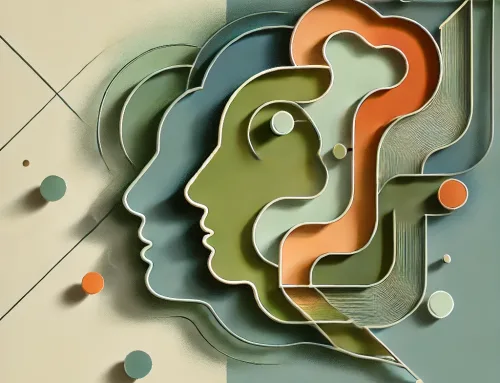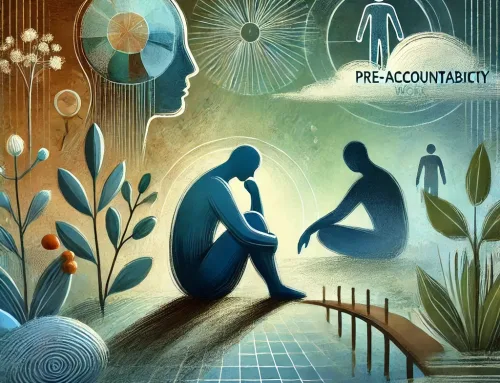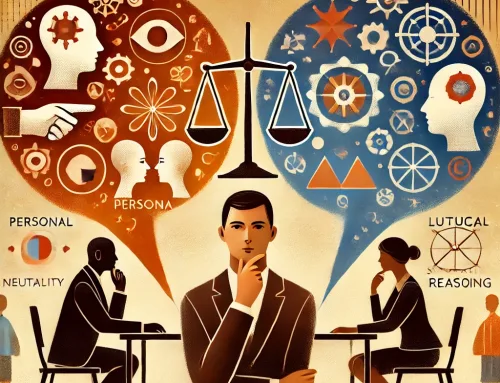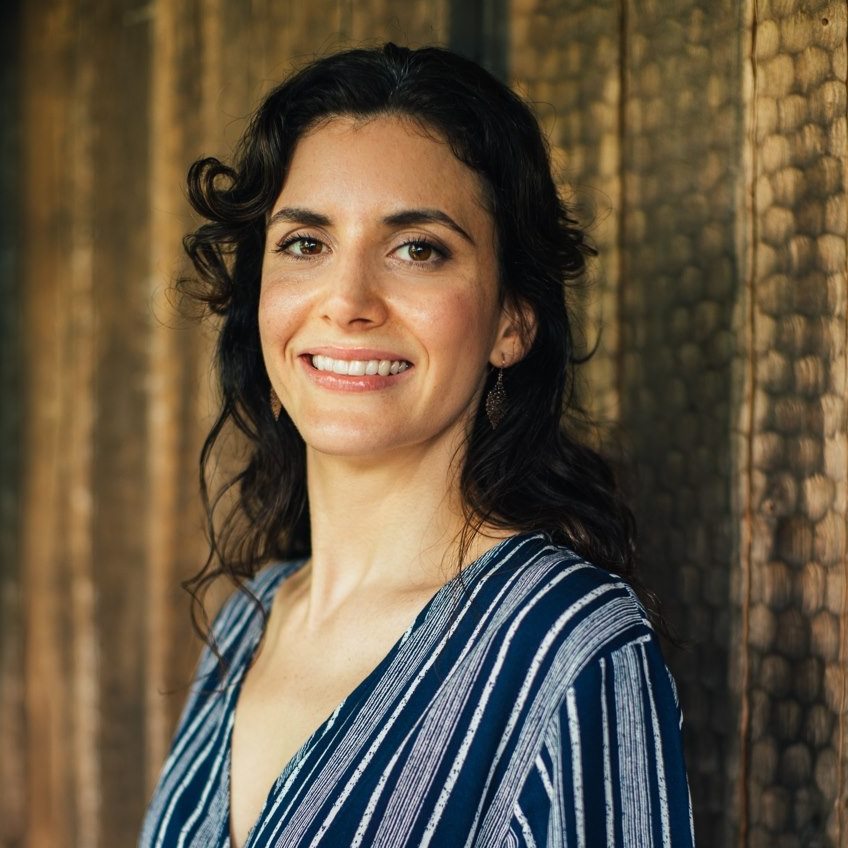Part 1 of a series on meaning-making, grief, and conflict in community
A few weeks ago, I learned that Dr. Robert J Gilbert had passed away.
Like many others in my wider professional and spiritual circles, I felt the news ripple through my system—not as a shock exactly, but as something that unsettled the ground. He wasn’t someone I knew personally, but his work shaped the thinking of many around me. His voice—grounded in biogeometry, science, and the sacred—felt like a steady signal in a noisy field.
And then, suddenly, silence.
There was no clear cause of death shared publicly. Just a soft announcement weeks later, and the respectful closing of a life that had touched many.
Meaning rushes in when clarity is absent
What followed was both deeply human and profoundly instructive.
In the absence of information, people began to make sense of his death in very different ways.
Some framed it spiritually:
“He chose this time.”
“His mission was complete.”
“He’s teaching from the other side now.”
Others felt suspicion or unease:
“Why isn’t anyone saying what happened?”
“Was something hidden?”
“Was this preventable?”
Some searched for signs in his final messages or teachings.
Some stayed silent, holding the grief privately.
Some needed to name it, post about it, make it mean something larger.
I watched all of it with tenderness and curiosity.
Because this is exactly what I see in my work with communities in conflict.
The same patterns arise in conflict and grief
Whether someone dies, steps down, or disappears in controversy, communities often respond to the uncertainty of loss by reaching for narratives that restore a sense of coherence. And we do this not because we are irrational—but because we are meaning-making beings. Because silence feels unbearable. Because chaos activates our nervous systems and stories soothe them.
And it’s not just death.
In a mediation process, I often see people rush to “explain” what happened based on very little information.
“She ghosted us because she’s manipulative.”
“He stepped back because he couldn’t handle accountability.”
“They didn’t speak up because they’re complicit.”
When there’s no confirmed reason, the human mind creates one.
Often, these stories reflect more about our fears, loyalties, or unmet needs than about what actually happened.
The work is not to eliminate stories—but to make space for complexity
In Safe Mediation, we don’t try to strip people of their stories. That would be both cruel and impossible.
Instead, we try to create space around the story—enough room for breath, for more than one truth, for the possibility that the unknown will remain… unknown.
The passing of Dr. Gilbert reminded me how much we all long to make sense of what we cannot control.
Sometimes the meaning we make brings us closer to each other.
Sometimes it divides us.
But the impulse itself—that ache to know—is universal.
When we can see that in ourselves and in one another, we become more compassionate stewards of community conflict.
This is part one of a three-part reflection. In the next post, I’ll explore how narrative gaps in conflict invite projection, assumption, and emotional logic—and what we as mediators can do to hold that tender terrain.





